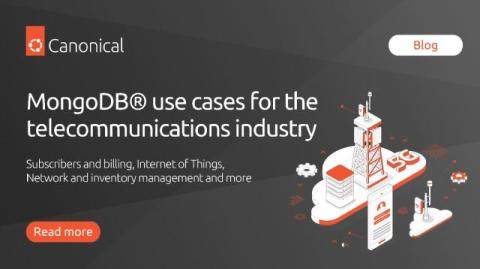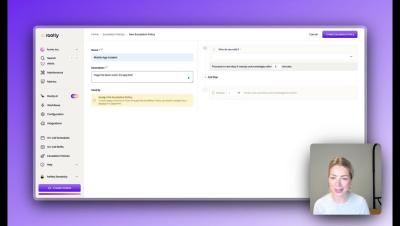Enhancing Git Management in Python Projects
Git is an essential tool for version control, whether you are a developer or an IT pro. Git allows engineers to track changes, collaborate, and manage their code effectively. However, for beginners, navigating Git can be daunting. Enter GitLens, a powerful Visual Studio Code (VS Code) extension designed to enhance Git capabilities and simplify Git management.











